Introduction: In this article, Gena Philibert-Ortega uses old newspaper articles to explain the origin and celebration of Cinco de Mayo. Gena is a genealogist and author of the book “From the Family Kitchen.”
Are you looking forward to celebrating Cinco de Mayo today with family or friends, at home or a local restaurant? Cinco de Mayo is a holiday often associated with food – but do you know why May 5th is important to Mexicans and Mexican-Americans? Here are answers to three questions you may have about this May holiday.
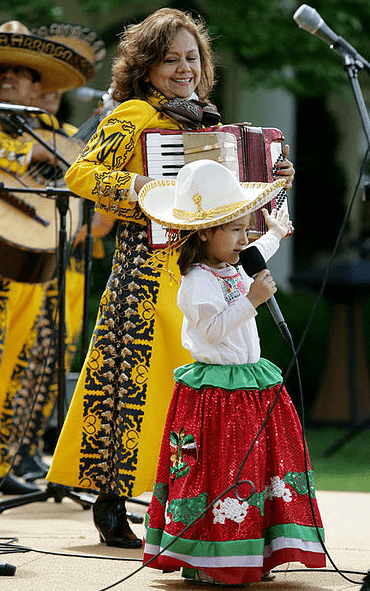
It’s Not Mexican Independence Day
One of the biggest misconceptions about Cinco de Mayo (i.e., the 5th of May) is the belief that it is Mexican Independence Day. However, Mexican Independence Day is actually September 16th. On that day in 1810, the “Cry of Dolores” read by Catholic priest Miguel Hidalgo y Costilla began the Mexican War of Independence from Spain. The “Grito de Dolores” or “Cry of Dolores” defiantly “called for the end of 300 years of Spanish rule in Mexico, redistribution of land, and racial equality.”*
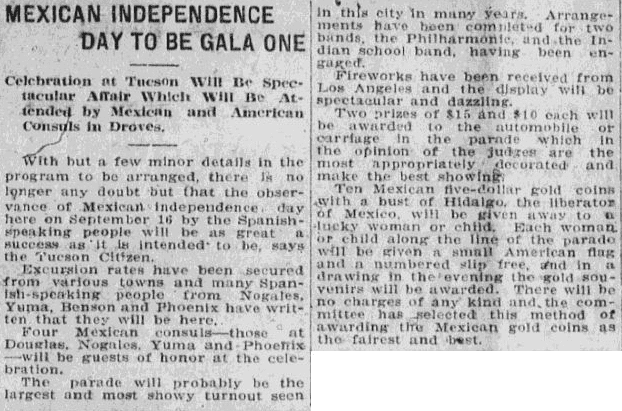
Though some communities in the southern border towns in the United States may commemorate September 16th, it’s Cinco de Mayo that is more familiar to Americans.
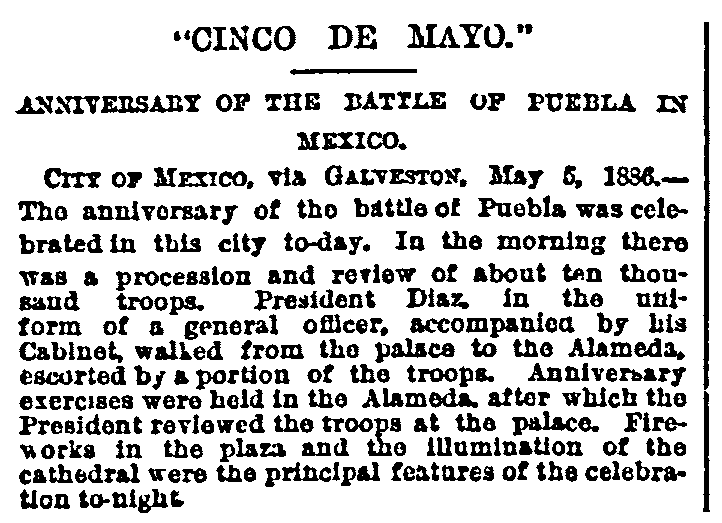
It Has a French Connection
If Cinco de Mayo isn’t Mexican Independence Day, what is it? Cinco de Mayo, like Mexican Independence Day, does have a military connection – but it commemorates the 1862 Mexican army’s victory over the French army during the Battle of Pueblo, fought during the Franco-Mexican War.**
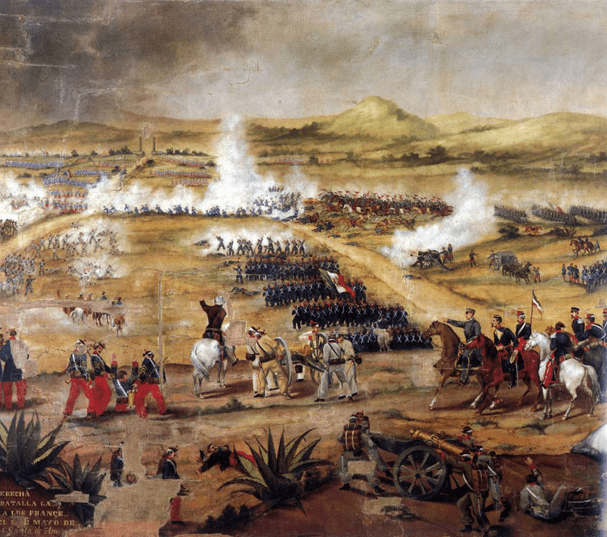
That war started in 1861 when French forces under Napoleon III, Napoleon Bonaparte’s nephew, invaded Mexico. France was supported in its invasion by Spain and the United Kingdom, who all were affected by the president of Mexico’s decision to stop interest payments to foreign countries.***
Americans Have Been Celebrating Cinco de Mayo for Decades
It’s easy to assume that Cinco de Mayo celebrations are a more recent event in the United States. Perhaps you’ve thought that the day is just a “holiday” promoted by alcohol companies and restaurants. Judging from historical newspapers, Mexican Americans have been celebrating Cinco de Mayo in the United States for well over a hundred years.
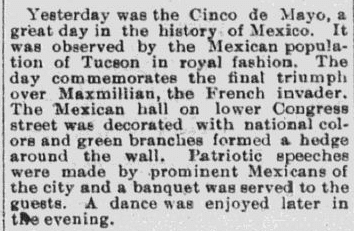
Americans who were not of Hispanic descent started joining in on the festivities shortly thereafter. Historical newspapers report that Cinco de Mayo festivities have included parades, speeches, dancing – and yes, food.
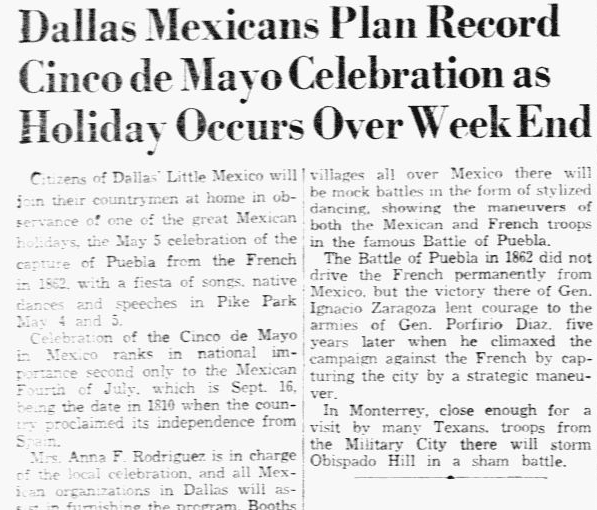
While this day historically was a commemoration of a victorious battle, it has evolved to be a day in the United States that celebrates Mexican culture.
What are you doing today to celebrate? Whether you are learning more about the history behind Cinco de Mayo, enjoying some Mexican food, or getting together as a family or community, have a great day!
Genealogy Tip: Newspaper articles about Cinco de Mayo celebrations can be found in U.S. newspaper printed in English as well as Spanish. Check out GenealogyBank’s Hispanic American Newspaper Archives.
Explore over 330 years of newspapers and historical records in GenealogyBank. Discover your family story! Start a 7-Day Free Trial
Related Articles:
- Celebrate Cinco de Mayo by Tracing Your Hispanic Genealogy
- Hispanic American Newspapers for Genealogy at GenealogyBank
- How to Research Hispanic Ancestors When You Don’t Speak Spanish
————————
* “Mexican War of Independence Begins,” History (http://www.history.com/this-day-in-history/mexican-war-of-independence-begins: accessed 30 April 2017).
** “Cinco de Mayo,” History (http://www.history.com/topics/holidays/cinco-de-mayo: accessed 30 April 2017).
*** “French intervention in Mexico,” Wikipedia (https://en.wikipedia.org/wiki/French_intervention_in_Mexico: accessed 30 April 2017).
